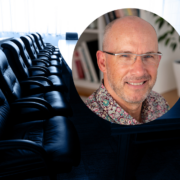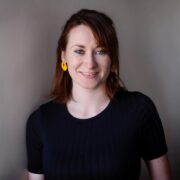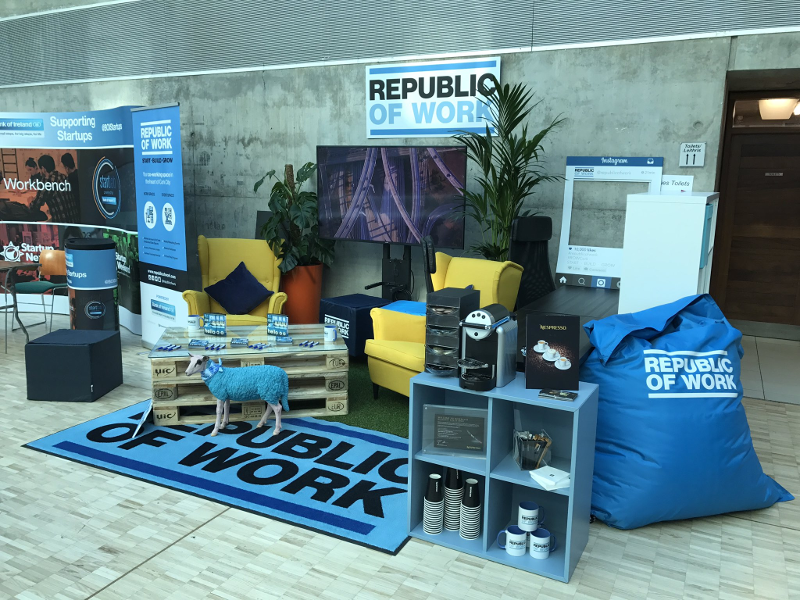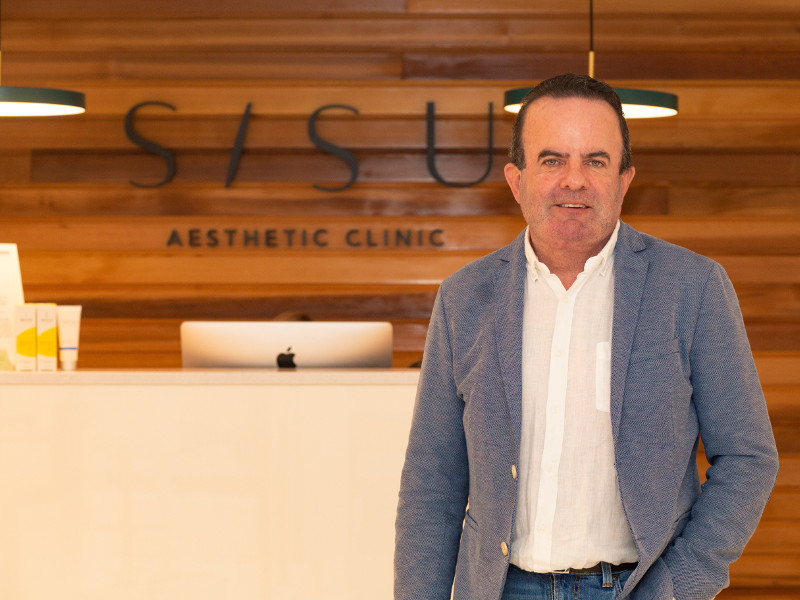Podcast Ep 100: SISU founder Pat Phelan talks candidly about scaling Irish businesses and his vision for a SISU IPO.
Speaking to Pat Phelan first thing on a Monday morning is probably the best supercharge you will ever get for the week ahead. It’s 9am and Phelan is fresh from the gym and intones how he got his cardio heart rate up to 168 before rolling up his sleeve and showing me his latest fitness wearable, a smart band on the upper arm from an up-and-coming company called VIV, which he predicts could be the next big thing.
This is classic Phelan. More than a decade ago when he was in the tech business he used by pop by my office in Dublin with the latest Apple or Amazon devices before they hit the local market. He was always ahead of the game.
“I have no doubt that this will be a stock market float and I have zero doubt that this is what people will call at least a unicorn. This will be the biggest business I have worked on thus far without a doubt”
This pattern continues. Enigmatic Cork entrepreneur Phelan’s SISU chain of cosmetic clinics have begun their march across Ireland and the UK as well as into the United States with outlets in New York and Florida.
Phelan, an established successful entrepreneur who sold his business Trustev in 2015 for $44m, talks about his journey into entrepreneurship, Ireland’s business community post-Covid and his plans for the future.
The Phelan formula
If you keep up with Pat Phelan through his myriad social channels, especially Instagram or Twitter, he is always on the move and the previous week he was supervising store renovations in New York, then Miami, before returning to Cork and hot-footing it to Killarney to do the same there. One thing’s for sure, he’s not lacking energy.
Phelan’s decision to move into the world of aesthetics, wellness and beauty was a surprising one considering his pedigree in tech. But if you understand his business acumen and instinct for opportunity it was not surprising at all.
He originally left school early at his father’s behest to go into butcher business and he later became a chef. He knew this was not for him and returned to school at night. He attended an event at Cork IT where veteran tech writer Shel Israel spoke and he was mesmerized.
By 2005 Phelan started a business called Cubic Telecom and built a virtual carrier network called MAXRoam that won business all over the world.
Sensing how fraud was going to be a massive headache for businesses all over the world, he followed this up with a security business called Trustev which within five years was acquired by TransUnion for $44m.
After the acquisition of Trustev, Phelan was looking around for the next big thing and flirted with the idea of creating a toothbrush business that would send out toothbrush heads on a subscription basis similar to Million Dollar Shave Club. Interestingly a similar business called Quip recently raised $100m, so he was definitely on the right track.
However, he took his present course when he met SISU founders Dr Brian Cotter and Dr James Cotter who worked at hospitals by day but were developing a business in the area of cosmetic procedures in their spare time. By the time he met the Cotters, they had built the business up to three clinics. “I thought ‘Jesus, we could take this thing worldwide.’”
Global vision
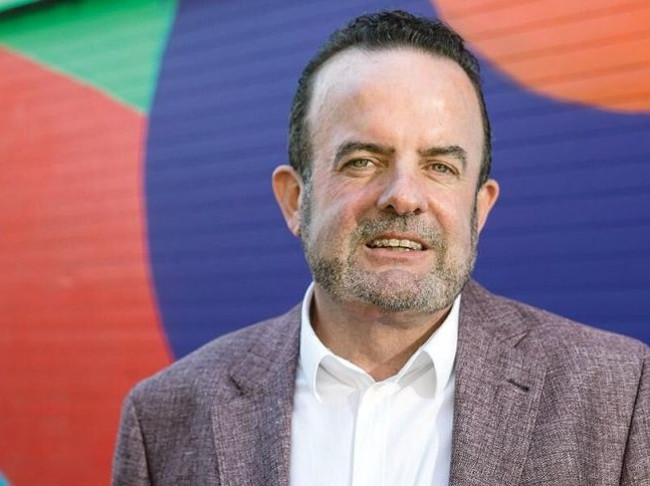
“People are living a lot longer. They are doing incredible things later in life. And they just want to look fresher and I think we are on the crest of a wave here”
Phelan said that unlike previous businesses that required selling the vision first, SISU already existed. “Liam Casey [founder and CEO of PCH] calls it jumping off the mountain and building the airplane on the way down. But with SISU we were profitable from day one. We have an amazing business. Pre-pandemic I was telling people how this was going to be huge, how we’re going to build 200 clinics and we’re going to take this worldwide and we’re going to float this company. And you know what, all through the pandemic we hit our numbers. We expanded our business and we have 15 clinics now in Ireland, two under construction in Miami, another under lease in Miami, two under construction in New York, another under lease in New York and three under lease in Texas. And I have no doubt that this will be a stock market float and I have zero doubt that this is what people will call at least a unicorn. This will be the biggest business I have worked on thus far without a doubt.”
The opportunity that the SISU team is focused on is a genuine desire by people to live longer and look better. No doubt these trends are being influenced by the shimmering smartphone in their hands and the rise of Instagram and TikTok, but essentially Phelan says it is about people wanting to look and feel their best.
“People are living a lot longer. They are doing incredible things later in life. And they just want to look fresher and I think we are on the crest of a wave here. But I think what people missed was the thing that I saw, and this is what I love about the business, this is actually software-as-a-service (Saas). Because Botox has a shelf life of 90 days. So, we acquire new patients online and that patient comes back to us at least four times this year. These things used to be treated like a haircut where it would only be cut if it got too long. No, we’ve built a business where we know that everyone comes back in 90 days. So, we have a very measurable business that we can scale to infinity.”
The parallels then become clear. “We are a digital company that has a retail storefront. We don’t have clients, everyone is a patient, and we see it as a business that’s easily able to acquire new clients online.” This becomes clear when you look at the staff profile SISU is hiring lately including marketing teams, videographers and copyrwriters. They are even developing a SISU scent so every outlet smells alike. “We’re a juggernaut in this space and we intend to be a juggernaut worldwide.”
On the face of it, it seems like Phelan has a kind of Midas touch but everything he has he has worked hard for.
He is candid about how he battled alcoholism and gave up the bottle 22 years ago. He made it clear that for Trustev to go the distance in 2012 he needed to leave Cork at the time and live in New York. Everything takes discipline.
“I stopped drinking in 2000. I’m 22 years sober. It was just like a lightbulb went off. I was like ‘Jesus, you’re miles behind here, you better figure something out? Are you going to be dependent on the State the rest of your life?’ And you know, the thing that stood to me really was I was always a huge reader. It’s something I absolutely love. I swallow books. I probably read three books most weeks. It’s this kind of thing where I was always interested in learning and to me entrepreneurship is probably the purest form of learning I could come up with.
“I told Brian [Cotter] ‘Brian, you know the only experience I have is failures – I know what doesn’t work 90% of the time.’ Most days it becomes easier not to make mistakes because you’ve made them before.”
The Israeli flywheel effect and building Irish businesses of scale
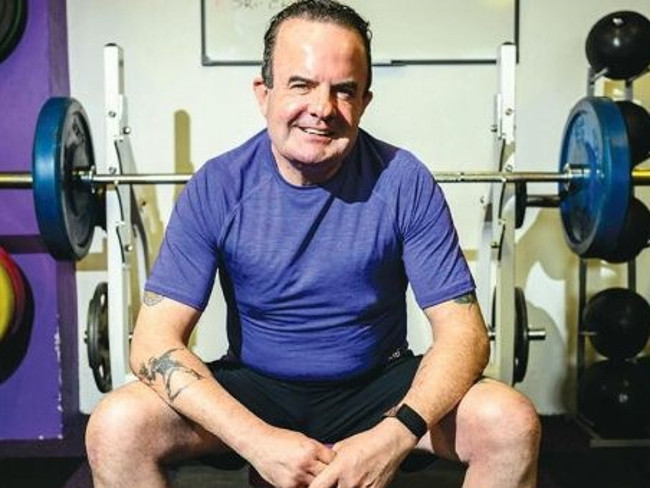
“I think the problem is we are looking in the wrong place. We’ve spent too long looking at foreign direct investment and tax deals for large international corporates who could, in reality, leave”
Moving on to the subject of entrepreneurship, I put it to Phelan that as well as the success of the Collison brothers’ Stripe which is now worth an estimated $95bn, Ireland now has six unicorn businesses including Fenergo, LetsGetChecked, Workhuman, Flipdish, Intercom and most recently Wayflyer.
While Ireland’s venture capital ecosystem is continuing to invest, there are clear gaps at a seed level.
I put it to Phelan that it feels like Ireland is almost at a tipping point, so what do we need to do to ensure more businesses can scale globally.
He believes it is about a number of things, and it starts with successful entrepreneurs backing other entrepreneurs and Ireland focusing more on its indigenous businesses.
“I have done 21 investments now. The most recent being in Dan Kiely’s Houdini.
“I think the problem is we are looking in the wrong place. We’ve spent too long looking at foreign direct investment and tax deals for large international corporates who could, in reality, leave.”
He points out that the education system in Ireland seems focused on supporting multinationals, but what about start-ups?
“Israel is probably the greatest example ever because what happens is an Israeli company stays longer, exits for a larger sum and what happens is the Israeli entrepreneur goes back into the market fast and invests alongside venture capitalists. In Ireland we have a lack of early seed [funding].”
Another problem, he believes, is Irish start-ups need to think bigger, not just about the local market but about capturing the global market. “There are 5m people on the island of Ireland, that’s half the population of Manhattan.”
He points to three elements: how do we get firms to think big; how do we grow them faster; and how do we get successful entrepreneurs from Ireland to come together and really get behind promising businesses.
Currently, he says many successful entrepreneurs including himself and others like Voxpro founders Dan and Linda Kiely and Intercom Des Traynor, back lots of ventures with small amounts, but how do they come together in a meaningful way to supercharge a promising business at the pivotal moment?
“How do we move faster?” he asks.
Phelan says it requires the community of successful entrepreneurs to come together. “It needs all of us now to stand up and start supporting smaller start-ups, to try to get them over the line. We all have the skills to do it. We need more start-ups because the failure rate is astronomical, as it should be. And so don’t ever be afraid of failing. But if we can get more start-ups we can get more scale-ups as a percentage and then we get more IPOs. And then we get more unicorns than IPOs.”
He said that if more tech founders put more money into entrepreneurs in a concentrated way “what happens is it becomes that Israeli flywheel effect.”
The result, he predicts, will be an economy less dependent on inward investment because it will have its own indigenous powerhouse.
Returning to SISU, Phelan said that as well as building more outlets the next phase involved ramping up its telehealth capabilities to provide over-the-phone consultations and strengthening its management team. For example, SISU recently took on a new CFO, Paul Healy.
“If you’ve got the financial and operational engine right, they drive everything. And then all you’ve got to be is ahead of the market and show you have the correct funding coming behind it. And then scaling isn’t an issue. In the next quarter, we’re going to be opening in the same week a clinic in Ireland, a clinic in the US and a clinic in the UK.”
-
-
Bank of Ireland is welcoming new customers every day – funding investments, working capital and expansions across multiple sectors. To learn more, click here
-
Listen to the ThinkBusiness Podcast for business insights and inspiration. All episodes are here. You can also listen to the Podcast on:
-
Spotify
-
SoundCloud
-
Apple
-
-

